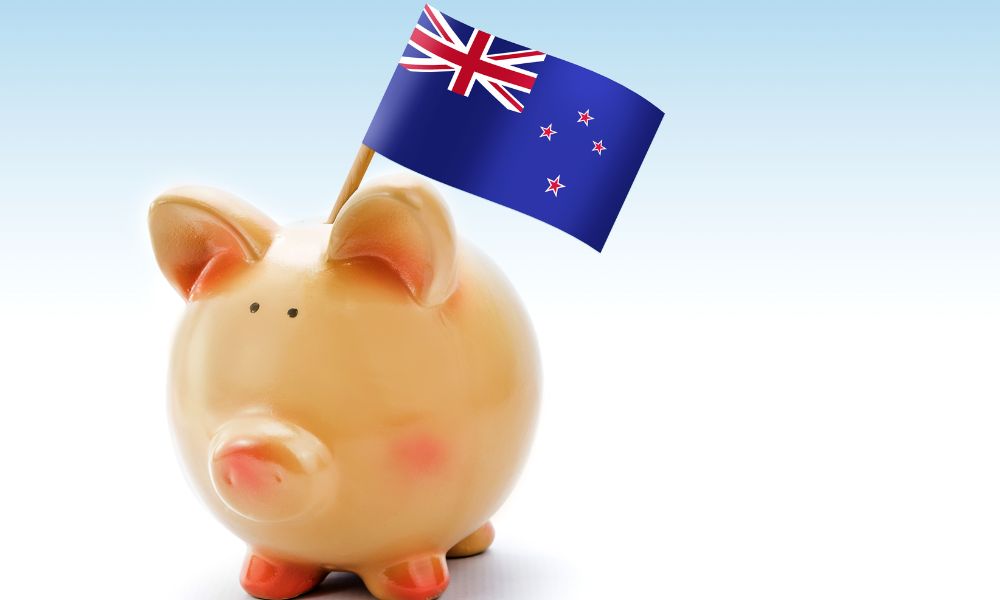This growth in goal-setting signals rising financial awareness. Nearly all respondents agree on the importance of being financially prepared for unexpected expenses. However, only 43% are saving regularly, and 63% say they continue to struggle to save at all – mainly due to the high cost of living, which remains the top barrier for 69% of respondents.
At the same time, long-standing barriers persist. Sixty-three percent say they still struggle to save, with the high cost of living—particularly food prices and inflation – cited as the top obstacle by 69%. Vulnerability is most acute among women (71%), Māori (79%), and Pacific Peoples (82%), who are all more likely than average to say they’re unable to save consistently. These groups are also more likely to dip into long-term savings to cover short-term needs.
“There is a real gap between those who feel empowered to save and those still trying to gain stability. But the rise in goal-setting is a powerful signal that more Kiwi want to take charge of their financial futures,” Jurkovich said.
A similar trend is unfolding across the business sector, where firms are starting to move from survival to resilience. Over half of businesses (52%) report being financially stronger than they were a year ago. Much of that momentum is concentrated in larger firms: 82% of businesses with over 100 employees say their finances have improved, and 72% are seeing higher customer spending.
These firms are also better positioned to handle financial shocks, with 89% saying they could manage a $10,000 expense. Among sole traders, only 25% say the same. Seventeen percent of sole operators say they aren’t saving at all, compared with none of the large firms surveyed.
